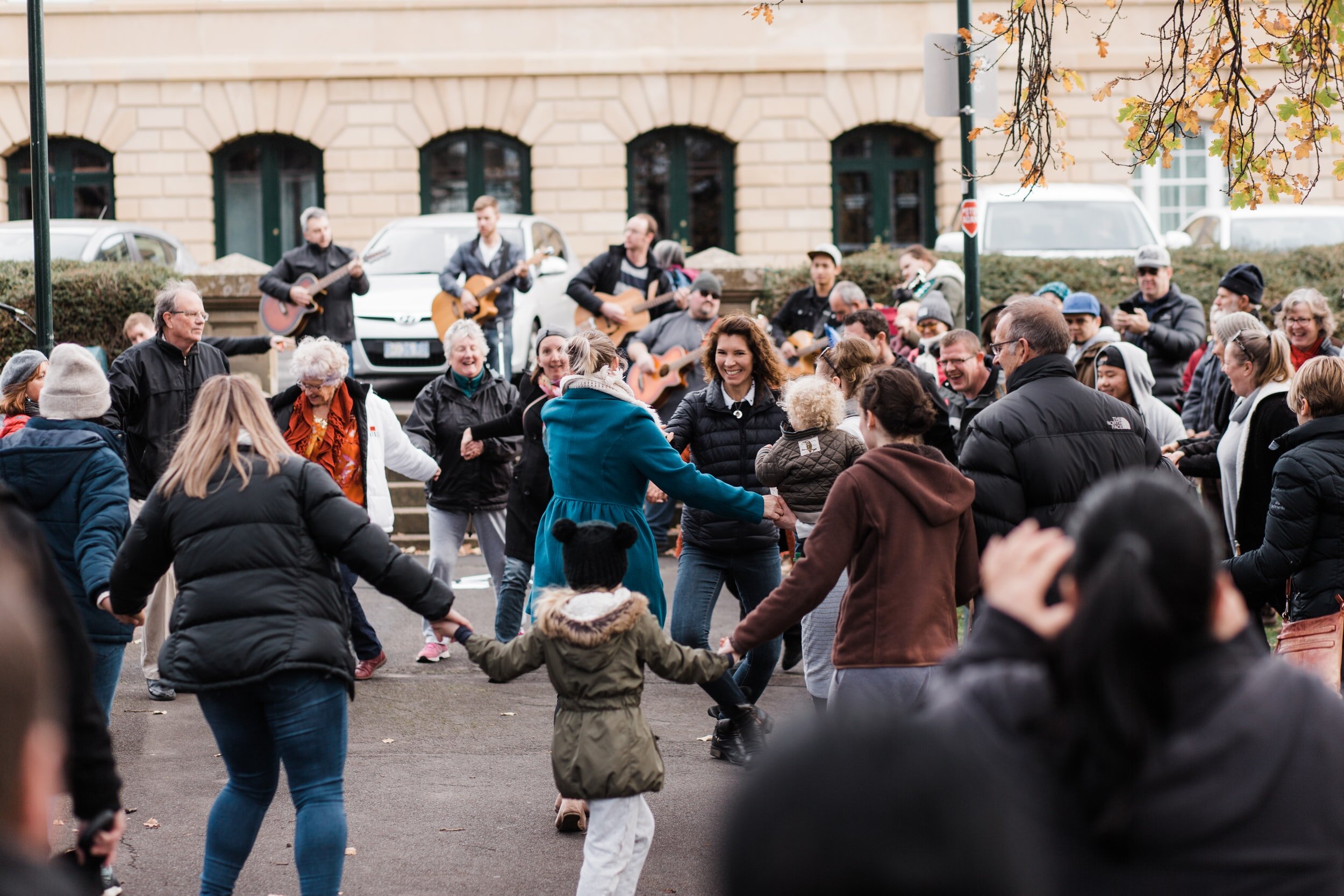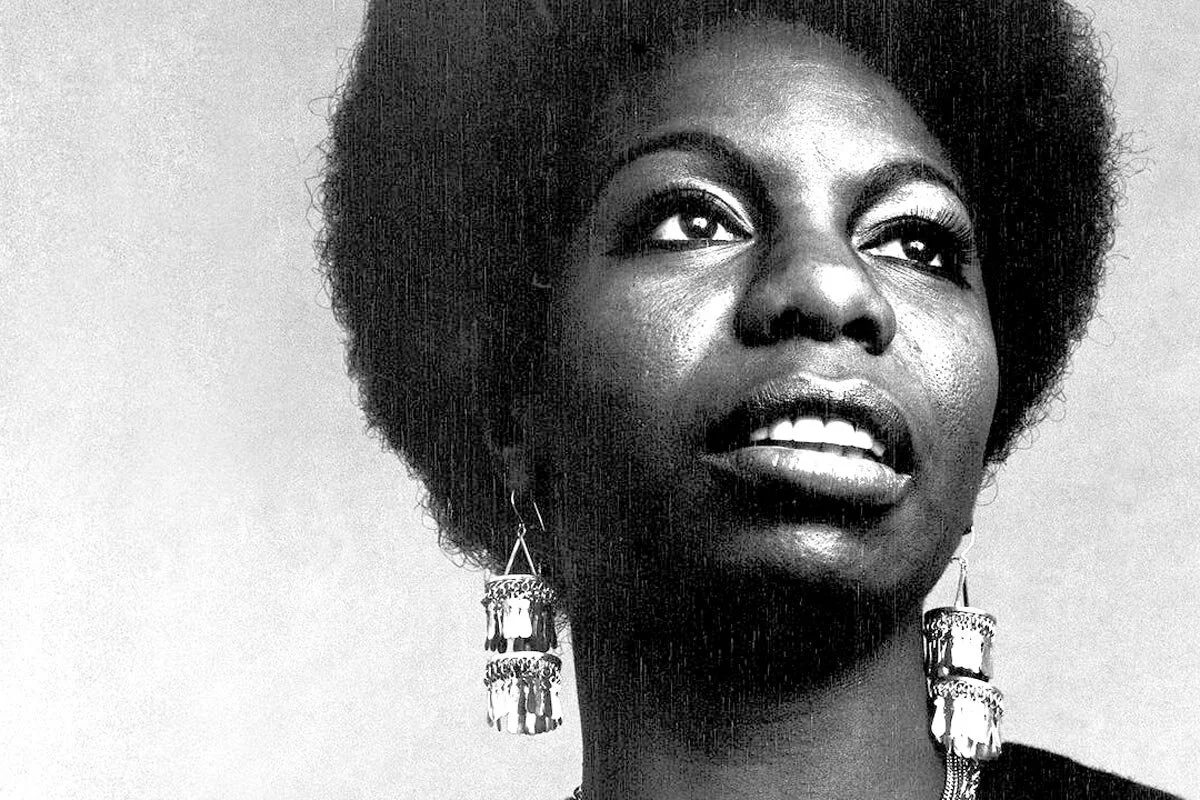Why Music Is So Important to Different Cultures Around The World
Every culture on the planet has its unique type of music, which people of all ages on every continent throughout the world enjoy. Even though each culture is unique, music unites all races and has been used throughout history for various occasions and recreational purposes, among other things.
But what is it about music, regardless of the type of music, that gives it its universal appeal and significance to different cultures worldwide?
Supports Communication
Many people have difficulty talking with others, but they can express themselves through a song they have written or heard, making it simpler to express themselves without feeling intimidated or afraid. It’s precisely this quest for connection that saw the emergence of jazz back in the 19th and 20th centuries. Despite speaking different languages, slaves from all across New Orleans would gather together and communicate using a range of different music equipment. Then and now, music can help to eliminate loneliness, help us to understand one another, and generally create a supportive and accessible form of communication despite what’s going on elsewhere in our lives.
Aids Learning
For many centuries music has aided learning and played an essential part in teaching those around them about the world's ways and developing their skills. From composing music to learning traditional instruments such as the kalimba or expressing yourself via lyrics, music is often a powerful and highly effective learning tool for many different reasons.
Music Aids Evolution and Change
Music is never static but instead changes and transforms over time in every era. New artists who get an online master's degree in music education frequently learn numerous melodies and tones from recorded music and adapt them to make them more contemporary.
This, in turn, allows traditional music from around the world to be exposed to new audiences and generations and for people to find a way to learn about different cultures that might not have happened if it wasn't for music.
Music is Vital for Celebration
Every type of celebration, including weddings, graduations, and birthday celebrations, incorporates music of some sort or another. When it comes to having fun, it's often regarded as a means to release any joy or excitement that you may be feeling at the time. This is something that a great many different cultures have in common. While the type of music and instruments used might differ, the presence and use of music in celebrations are still present.
You Can Dance
People in every culture are moved to dance and express themselves through movement when they hear music. Traditional dances worldwide are often sacred and a form of expression and commitment to who they are and where they have come from. Again, dancing is a way to bring people together, and without music, this wouldn't be possible.
Music Forms Connections Between Cultures
As stated in the opening, music can unite people of various cultures. For example, two Ed Sheeran fans from the UK and New Zealand could bond by their shared passion for the same musician.
People enjoy discussing music and have strong opinions on who they like and dislike. Finding others who share your musical tastes strengthens bonds. Music has the power to bring people together, make them feel the same feelings, and help them feel less alone.
Music is much more powerful than simply being a string of notes put together or a sound you hear in the background. Music is a part of life and is interwoven in society in a way that enhances and lifts a great many people from around the world and unites them together regardless of differences.











